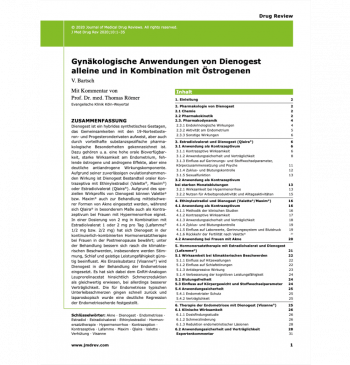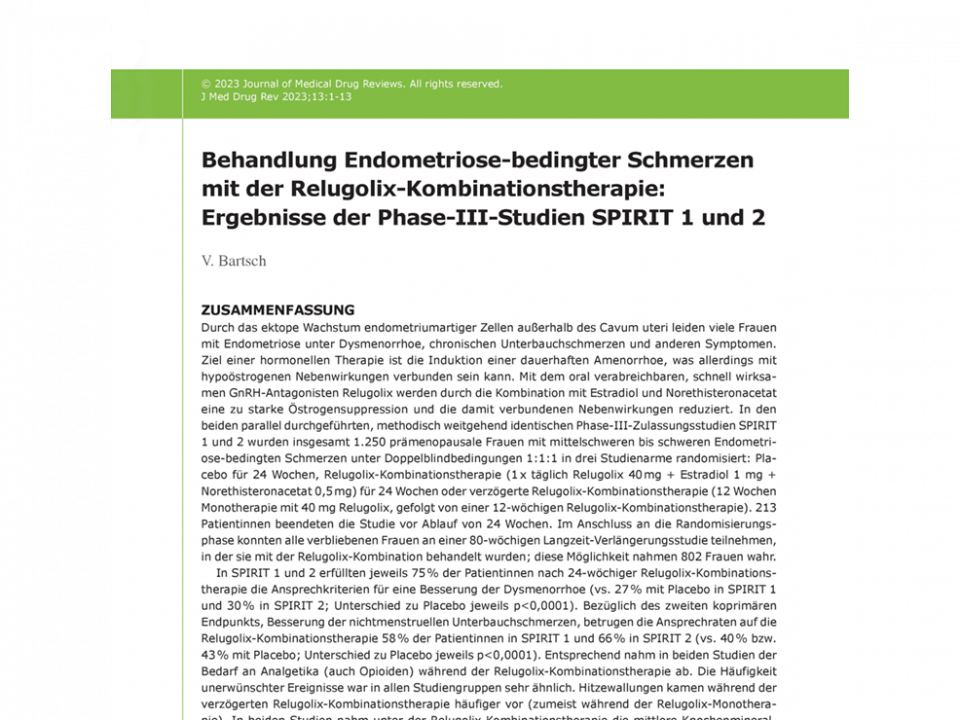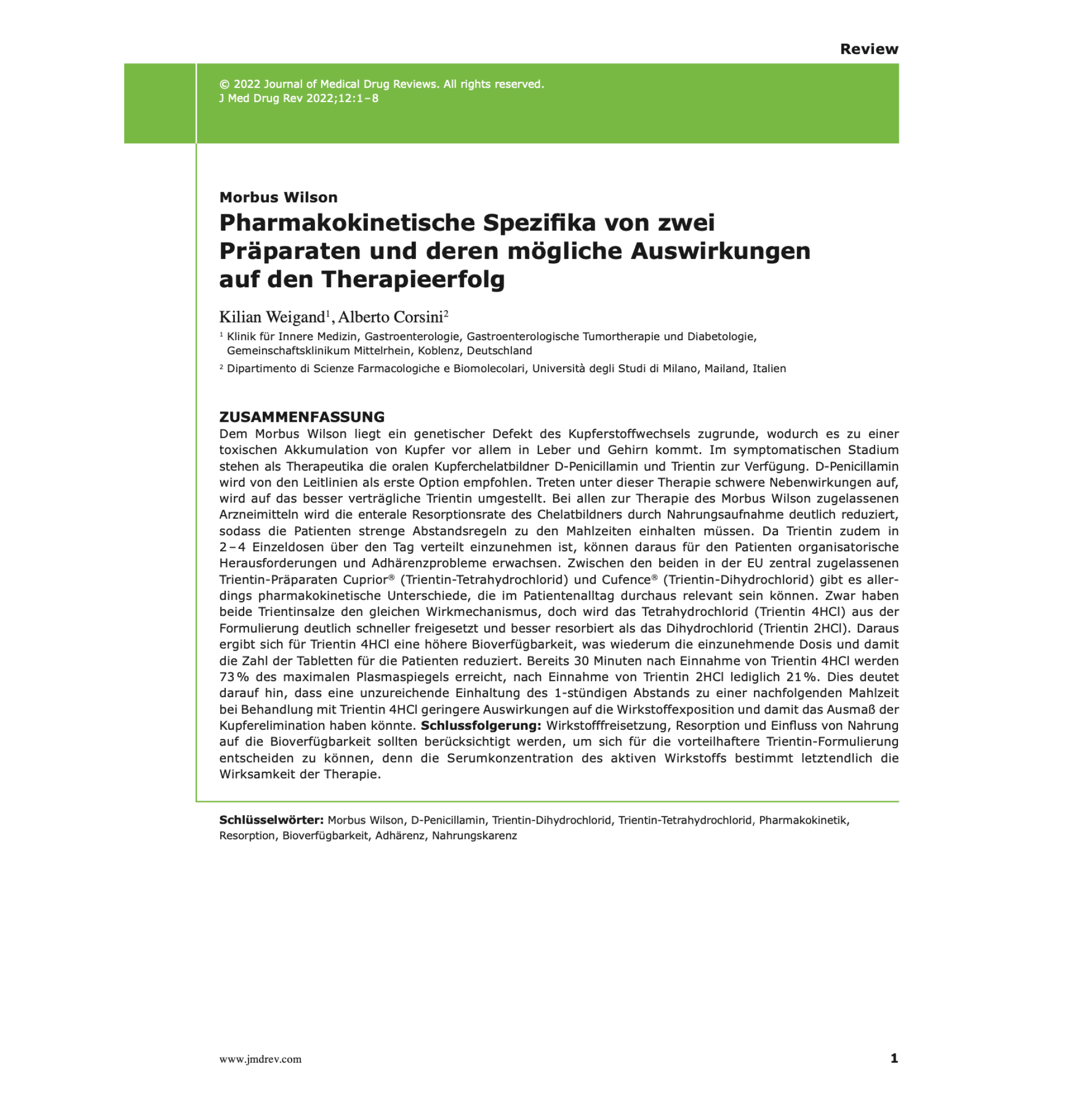Long-term benefit of early multiple sclerosis treatment with interferon beta-1b: lower disease activity, delayed disability progression, improved overall survival
J Med Drug Rev 2012;2;31-39
(Review-Artikel in deutscher Sprache)
Multiple sclerosis (MS) often starts in early adulthood und thereafter typically takes a course over several decades. However, clinical studies in MS with usual treatment periods of one to three years cover this long-term course only inadequately. In contrast to this, the clinical development program of betaferon® (interferon-beta-1b, IFNβ-1b) paid special attention to the long-term follow-up of patients even after the termination of the pivotal clinical studies.
To gain marketing admission for IFNβ-1b, three large placebo-controlled studies were conducted: a) in patients with relapsing-remittent MS (RRMS), b) in patients with clinically isolated syndromes (CIS), and c) in patients with secondary progressive MS (SPMS). 8-year follow-up data are available for the CIS and SPMS studies. Regarding the RRMS study, efficacy and safety of IFNβ-1b treatment were analysed after 16 years and mortality data were collected after 21 years.
The 8-year follow-up study demonstrated the benefit of early IFNβ-1b treatment (within 60 days after CIS onset) by a lower incidence of clinical definitive MS (CDMS) compared with delayed treatment (the group originally receiving placebo; 55.5% vs. 65.8%). Additionally, a lower relapse rate was observed during the whole 8-year period (0.20 vs. 0.26 annually). In SPMS patients, early IFNβ-1b treatment significantly delayed the disability progression over 6 years; the 8-year data still show a strong trend regarding this parameter.
16-year data: Early IFNβ-1b treatment of RRMS (250 µg subcutaneously every other day) is effective and delays disability progression according to a correlative model. Additionally, 21-year data demonstrate a significant mortality reduction by almost half compared with the group originally receiving placebo (hazard ratio: 0.532, 95 % CI: 0.314-0.902, P=0.0137).
Conclusions
The methodically carefully designed and performed long-term follow-ups in MS patients confirm the maintained benefit of early IFNβ-1b treatment even after 8, 16, and 21 years.
(Review-Artikel in deutscher Sprache)
Multiple sclerosis (MS) often starts in early adulthood und thereafter typically takes a course over several decades. However, clinical studies in MS with usual treatment periods of one to three years cover this long-term course only inadequately. In contrast to this, the clinical development program of betaferon® (interferon-beta-1b, IFNβ-1b) paid special attention to the long-term follow-up of patients even after the termination of the pivotal clinical studies.
To gain marketing admission for IFNβ-1b, three large placebo-controlled studies were conducted: a) in patients with relapsing-remittent MS (RRMS), b) in patients with clinically isolated syndromes (CIS), and c) in patients with secondary progressive MS (SPMS). 8-year follow-up data are available for the CIS and SPMS studies. Regarding the RRMS study, efficacy and safety of IFNβ-1b treatment were analysed after 16 years and mortality data were collected after 21 years.
The 8-year follow-up study demonstrated the benefit of early IFNβ-1b treatment (within 60 days after CIS onset) by a lower incidence of clinical definitive MS (CDMS) compared with delayed treatment (the group originally receiving placebo; 55.5% vs. 65.8%). Additionally, a lower relapse rate was observed during the whole 8-year period (0.20 vs. 0.26 annually). In SPMS patients, early IFNβ-1b treatment significantly delayed the disability progression over 6 years; the 8-year data still show a strong trend regarding this parameter.
16-year data: Early IFNβ-1b treatment of RRMS (250 µg subcutaneously every other day) is effective and delays disability progression according to a correlative model. Additionally, 21-year data demonstrate a significant mortality reduction by almost half compared with the group originally receiving placebo (hazard ratio: 0.532, 95 % CI: 0.314-0.902, P=0.0137).
Conclusions
The methodically carefully designed and performed long-term follow-ups in MS patients confirm the maintained benefit of early IFNβ-1b treatment even after 8, 16, and 21 years.




